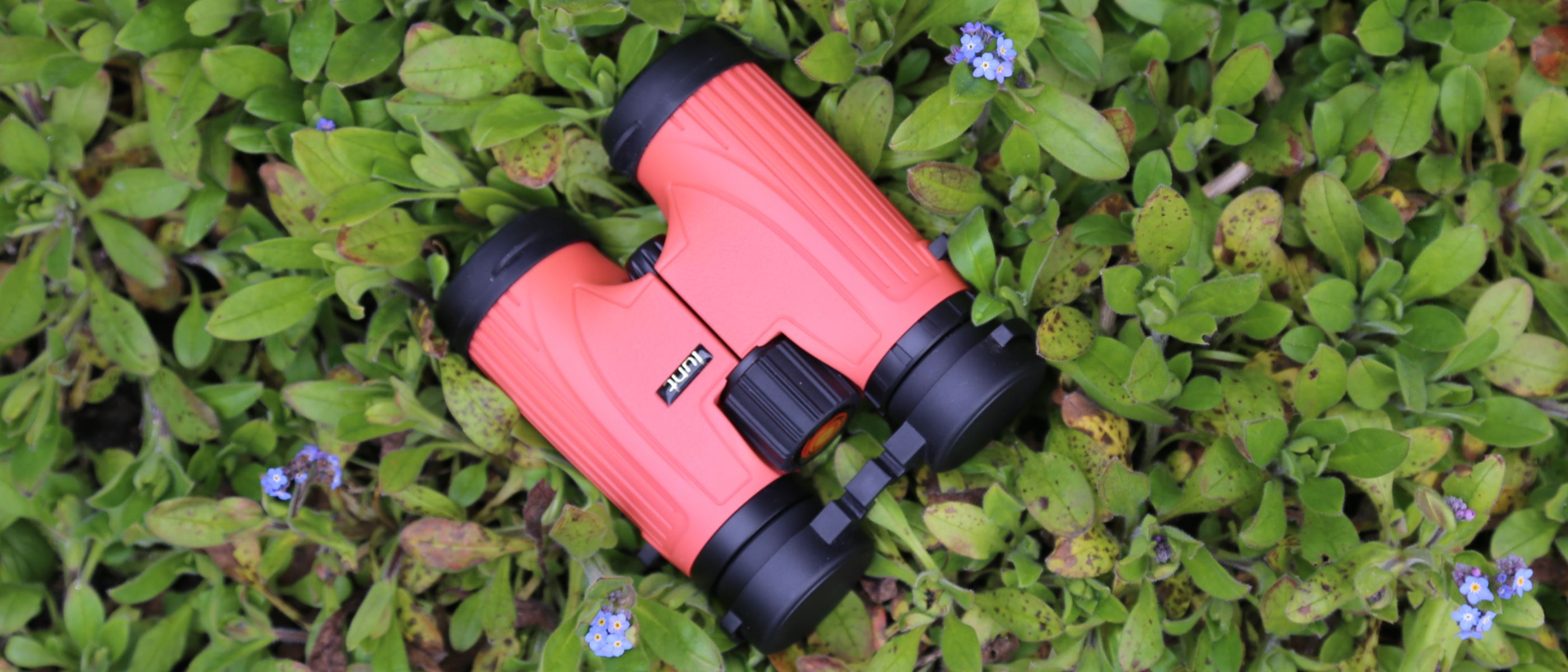Populating a Mars Base Will Be Dangerously Unsexy

In 1972, citizen scientist Sir Elton John hypothesized that Mars "ain't the kind of place to raise your kids."
While John's remarks were never published in a peer-reviewed journal (though they did peak at No. 2 on the UK Singles Chart), he's not wrong about the Red Planet's inhospitality. With its freezing climate, thin atmosphere and weak gravity, Mars will be a hard place to raise the children necessary to sustain a permanent colony there. And according to a new paper published in the June issue of the journal Futures, conceiving kids on Mars will be even harder.
Thinking about fertility on Mars isn't just for philosophical fun; in fact, Elon Musk's SpaceX is developing a rocket with the primary purpose of bringing settlers to Mars.
"Reproduction on Mars will be necessary for colony survival and subsequent expansion," a team of researchers from Brazil, the United States and Poland wrote in the new paper. "Unfortunately, such an endeavor comes with titanic challenges." [5 Mars Myths and Misconceptions]
In their new paper, titled "Biological and social challenges of human reproduction in a longterm Mars base," the researchers dig into exactly what those challenges would be — and the morally questionable solutions that may accompany them.
Your body on Mars
The biological challenges of rearing Mars babies are easy enough to wrap one's head around. For starters, Mars' atmosphere is about 1 percent as thick as Earth's, meaning the planet is hit by a lot more solar radiation than humans are currently used to. NASA studies have shown that radiation exposure might damage astronauts' brain cells and increase their risk of developing cancer. (More to the point of this new paper, it can also severely reduce sperm count.)
The effects of microgravity are also concerning. Mars' gravitational pull is about one-third as strong as Earth's, and that means less pressure and stress are exerted on astronauts' bodies. Nice as that sounds, it's not how human bodies have adapted to function; previous studies of microgravity have shown that astronauts experience vision loss, dehydration, accelerated muscle and bone deterioration, significantly reduced heart rates and even a weakened immune response when living in sub-Earth gravity.
Get the Space.com Newsletter
Breaking space news, the latest updates on rocket launches, skywatching events and more!
That last bit is especially worrisome for the hopes of Mars reproduction, as pregnant women already experience significant immunosuppression. "Such a state may aggravate the risks of infection-induced abortions and facilitate the dissemination of diseases among pregnant and non-pregnant individuals," the authors wrote.
Your body's rights on Mars
Fortunately, all of these risks can be addressed with better technology and medical care — improvements that agencies like NASA are already developing. The tougher nut to crack, according to the authors, might be in adjusting social and ethical standards to fit a new, dangerous way of living.
"The idea to protect life at every stage of development may not be suited to a Mars colony," the authors wrote. "An inhospitable environment and a small mission crew may result in the elevation of the value of group over individual."
Establishing a culture that values the survival of the colony over individual members would require some serious ethical changes, including more liberal practices regarding abortion of nonviable offspring and "euthanasia of terminally ill persons," the authors wrote.
Furthermore, mating couples may have to be carefully chosen based on their genetic compatibility, while some colonists might have to forgo reproduction altogether if their traits did not favor the survival of a Martian populace. To prepare for these challenges, the researchers recommended that a psychological training regimen for would-be Martians be developed immediately.
If mentally prepared, such a culture "may evolve to favor the preservation of personal and physiological traits more suitable to Martian residents," the authors said; however, if that proves too hard, it may be worth considering the idea of genetically engineering a more Mars-friendly populace instead.
"The method of CRISPR makes possible adaptive genetic engineering," the authors wrote. "We should consider the idea of genetic human enhancement before and during that mission."
Doing so could literally result in a "new kind of human species" with a nature better suited for life on Mars, the authors wrote. Such human-made Martians could give a future colony its best shot at survival, even as a biological and moral gulf widens between them and their Earthling ancestors. Mars may still not be the kind of place to raise your kids — but it might become a serviceable place to raise Martians.
Originally published on Live Science.
Join our Space Forums to keep talking space on the latest missions, night sky and more! And if you have a news tip, correction or comment, let us know at: community@space.com.

Brandon has been a senior writer at Live Science since 2017, and was formerly a staff writer and editor at Reader's Digest magazine. His writing has appeared in The Washington Post, CBS.com, the Richard Dawkins Foundation website and other outlets. He holds a bachelor's degree in creative writing from the University of Arizona, with minors in journalism and media arts. He enjoys writing most about space, geoscience and the mysteries of the universe.











